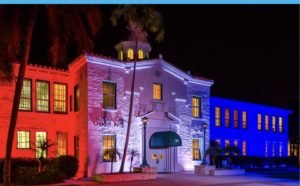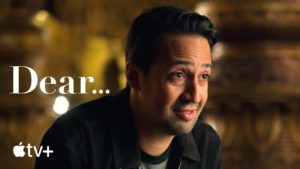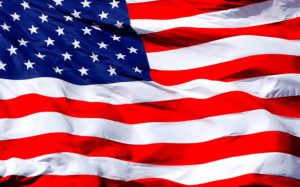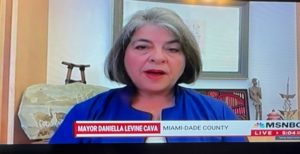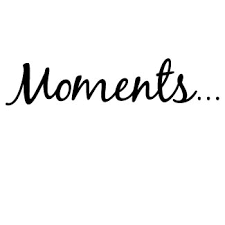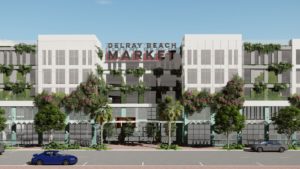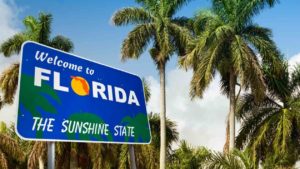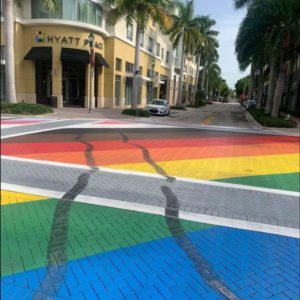
Delray’s Pride Intersection was vandalized in June.
Back in my newspaper days, we were trained to look for trends.
There have been reports of the kids, some on bikes, some in ski masks, vandalizing storefronts, and screaming vulgar expletives at folks walking downtown in the middle of the day.
Ugh.
